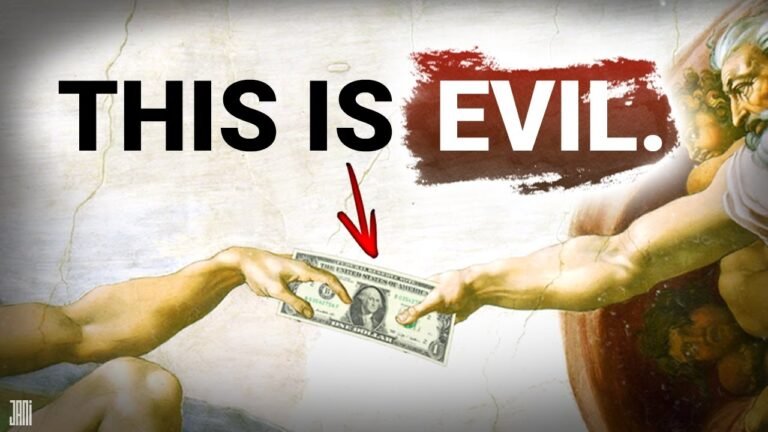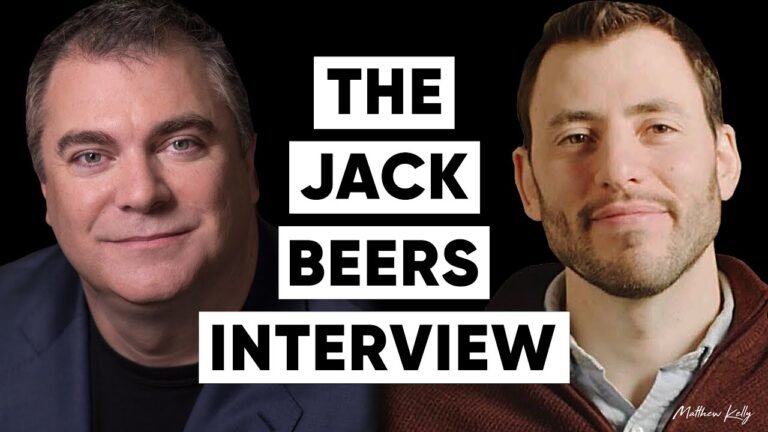Trump’s Golden Calf: Idolatry in American Politics
In the ever-evolving landscape of American politics, few symbols have emerged as powerful and divisive as Trump’s Golden Calf. This phrase evokes the image of unwavering loyalty to former President Donald Trump, where supporters elevate him to almost idol-like status, often at the expense of traditional values and principles. As the 2024 election approaches, the implications of this phenomenon raise critical questions about the future of the Republican Party and the broader implications for democracy itself. Exploring this complex relationship reveals not just a political allegiance, but a cultural movement that challenges the very fabric of American society.
What does Trump’s golden calf symbolize today?
Trump’s golden calf symbolizes idolization and devotion to power, representing the extreme loyalty and worship of Trump by his supporters, often at the expense of traditional values.
What does the term Trump’s golden calf refer to in political discussions?
The term “Trump’s golden calf” refers to the unwavering devotion some supporters have for Donald Trump, likening it to the biblical idol that the Israelites worshipped while Moses was on Mount Sinai. This metaphor highlights the phenomenon where loyalty to Trump transcends traditional political values and principles, often leading to a blind allegiance that critics argue undermines democratic norms. In political discussions, it serves as a powerful symbol of the cult-like following surrounding Trump, suggesting that his supporters prioritize their allegiance to him over substantive policy debates and ethical considerations.
How has the phrase Trump’s golden calf been used to describe loyalty among his supporters?
The phrase “Trump’s golden calf” serves as a powerful metaphor for the unwavering loyalty exhibited by his supporters, reminiscent of the biblical story where the Israelites worshipped a golden idol. This term encapsulates the idea that many of Trump’s followers view him as an emblem of their political and social aspirations, often placing their allegiance to him above traditional party lines or political norms. In this context, loyalty is not merely a preference but a fervent devotion, reflecting a deep-seated belief in his leadership and vision.
The imagery of a golden calf also highlights the blind faith some supporters have in Trump, elevating him to a status that transcends typical political allegiance. This devotion can lead to a cult-like following, where the rhetoric and actions of Trump are interpreted as gospel by his most ardent fans. Such loyalty can sometimes result in a dismissal of criticism or dissent, painting opponents as outsiders threatening a sacred cause. This phenomenon creates a divide within the political landscape, further entrenching a sense of identity among his base.
Moreover, this loyalty fuels a cycle of reinforcement, as supporters rally around Trump’s messaging, creating a feedback loop that strengthens their commitment. Social media platforms amplify this dynamic, allowing for the rapid dissemination of pro-Trump narratives while sidelining dissenting opinions. The phrase “Trump’s golden calf” thus not only describes a level of loyalty but also serves as a critique of the potential pitfalls of such unwavering devotion, questioning the implications of idolizing a political figure above democratic principles.
What are some criticisms associated with the concept of Trump’s golden calf in relation to his policies?
Critics often argue that the concept of Trump’s “golden calf” symbolizes an unwavering devotion to his policies, which some perceive as detrimental to democratic norms and social cohesion. This metaphor highlights the tendency among his supporters to prioritize loyalty to the leader over critical engagement with his administration’s decisions. Detractors claim that such blind allegiance can lead to the perpetuation of divisive rhetoric and policies that undermine inclusivity and compromise, essential elements for a healthy democracy.
Moreover, the golden calf imagery raises concerns about the prioritization of economic interests over ethical considerations. Critics point to policies that favor corporate tax cuts and deregulation, suggesting that they disproportionately benefit a wealthy few while neglecting the needs of marginalized communities. This focus on financial gain, they argue, risks creating a society where material wealth is valued above human dignity and social justice, ultimately fostering an environment of inequality and resentment.
Worshipping Power: The Rise of Political Idolatry
In recent years, political idolatry has surged, transforming leaders into symbols of unwavering loyalty and devotion. Citizens, often disillusioned with traditional political systems, have turned to charismatic figures who promise change and stability. This phenomenon is not merely a shift in political allegiance; it represents a deeper cultural yearning for certainty in an increasingly complex world. The elevation of these leaders to almost mythical status creates a dynamic where followers become emotionally invested, prioritizing loyalty over critical scrutiny.
The media plays a fundamental role in amplifying this political worship, crafting narratives that glorify leaders while sidelining dissenting voices. Through selective coverage and sensational storytelling, the public’s perception is shaped, often blurring the lines between facts and fervent belief. This environment fosters a culture of adulation, where questioning authority is seen as a betrayal, further entrenching the idolization of political figures. The impact is profound, as it shifts the focus from collective governance to individual charisma, risking the very foundations of democratic engagement.
As political idolatry continues to grow, its implications extend beyond the political sphere into the fabric of society. The worship of leaders can create a dangerous polarization, resulting in the vilification of opposition and a breakdown in civil discourse. Communities become fragmented, with loyalty to a leader overshadowing shared values and common goals. To navigate this landscape, it is essential for citizens to reclaim their agency, fostering a culture that values accountability and critical engagement over blind allegiance. Only then can the true essence of democracy be preserved and celebrated.
The Cult of Personality: Trump’s Influence on American Values
Donald Trump’s rise to prominence has reshaped the landscape of American values in profound ways. His charismatic persona and controversial rhetoric have captivated a significant segment of the population, fostering a cult of personality that transcends traditional political boundaries. This phenomenon has led many to adopt his views and behaviors, often prioritizing loyalty to Trump over adherence to established democratic norms. As a result, the collective identity of his supporters has increasingly aligned with his brand of populism, which emphasizes nationalism and a rejection of the political establishment.
The impact of Trump’s influence is evident in the polarization of American society. Supporters find a sense of belonging within the movement, while critics express concern over the erosion of civil discourse and shared values. The emphasis on loyalty and the vilification of opposing viewpoints have created an environment where compromise becomes increasingly difficult. This shift has not only altered political dynamics but also infiltrated social interactions, making it challenging for individuals to engage in constructive conversations about differing perspectives.
As Trump’s influence endures, the ramifications for American values are significant. The glorification of strongman tactics and a focus on individualism over community welfare challenge the foundational principles of democracy. While some celebrate the empowerment of a populist voice, others warn of the potential for authoritarianism and the diminishing of civic responsibility. Ultimately, the cult of personality surrounding Trump represents a pivotal moment in American history, one that will likely define the nation’s values for generations to come.
Faith and Politics: Navigating the Idolization of Leadership
In an era where faith and politics often intertwine, the idolization of leaders can lead to a dangerous disconnect between spiritual values and governance. Many individuals place their faith in political figures, often elevating them to a status that overshadows the core tenets of their beliefs. This can result in a blind allegiance that compromises ethical standards, as followers may prioritize loyalty to a leader over the principles that initially drew them to their faith. The challenge lies in discerning when admiration turns into idolatry, urging a reevaluation of how we engage with those in power.
As communities navigate this complex landscape, it becomes fundamental to foster a culture of critical thinking and accountability. Faith should inspire political engagement, not dictate it, encouraging believers to question the actions and motives of their leaders. By grounding political discourse in the fundamental values of compassion, justice, and integrity, individuals can resist the temptation to idolize authority figures. Ultimately, a balanced approach not only strengthens faith but also cultivates a more resilient and ethical political environment, ensuring that leadership remains a service to the community rather than an end in itself.
Trump’s golden calf symbolizes the fervent loyalty and unwavering support that continues to surround him, even in the face of controversy. This phenomenon reflects not only the deep divisions in American political culture but also the powerful allure of charismatic leadership. As the nation navigates through unprecedented challenges, understanding the dynamics of this devotion becomes fundamental in shaping the future of political discourse and engagement in the United States. The question remains: will this loyalty evolve, or will it entrench further into the fabric of American politics?






